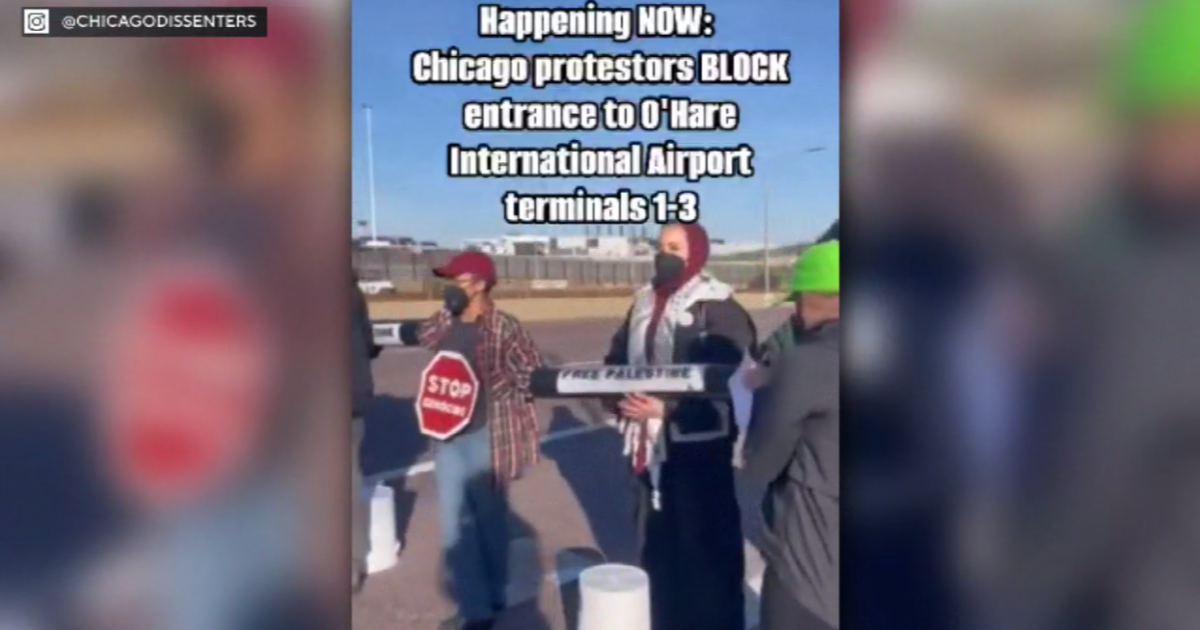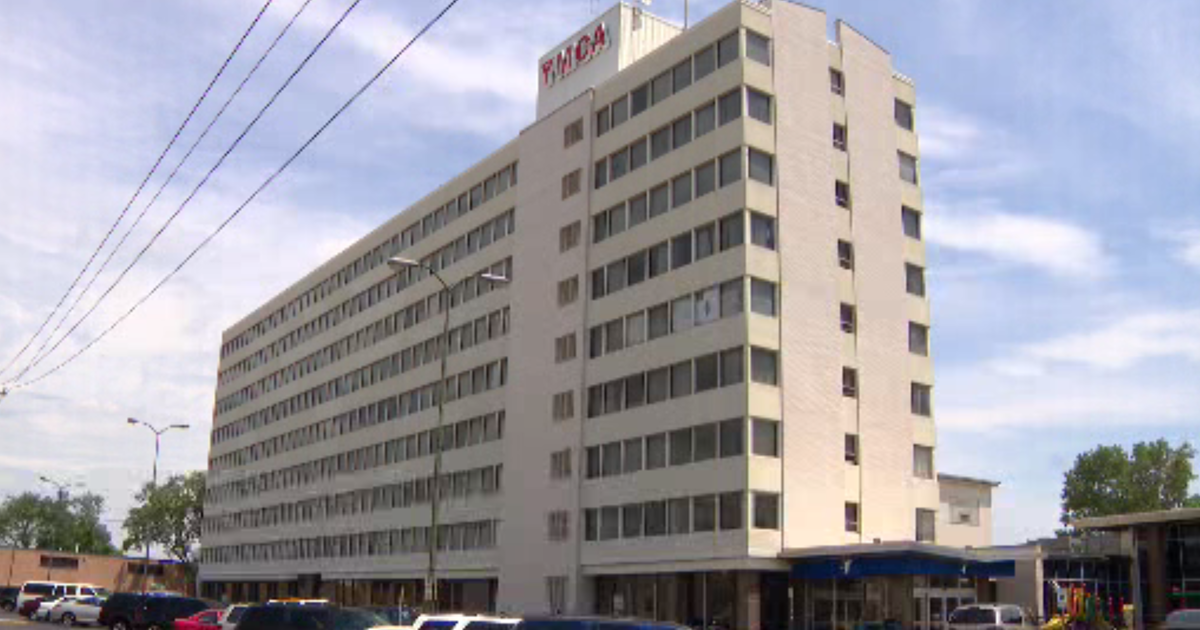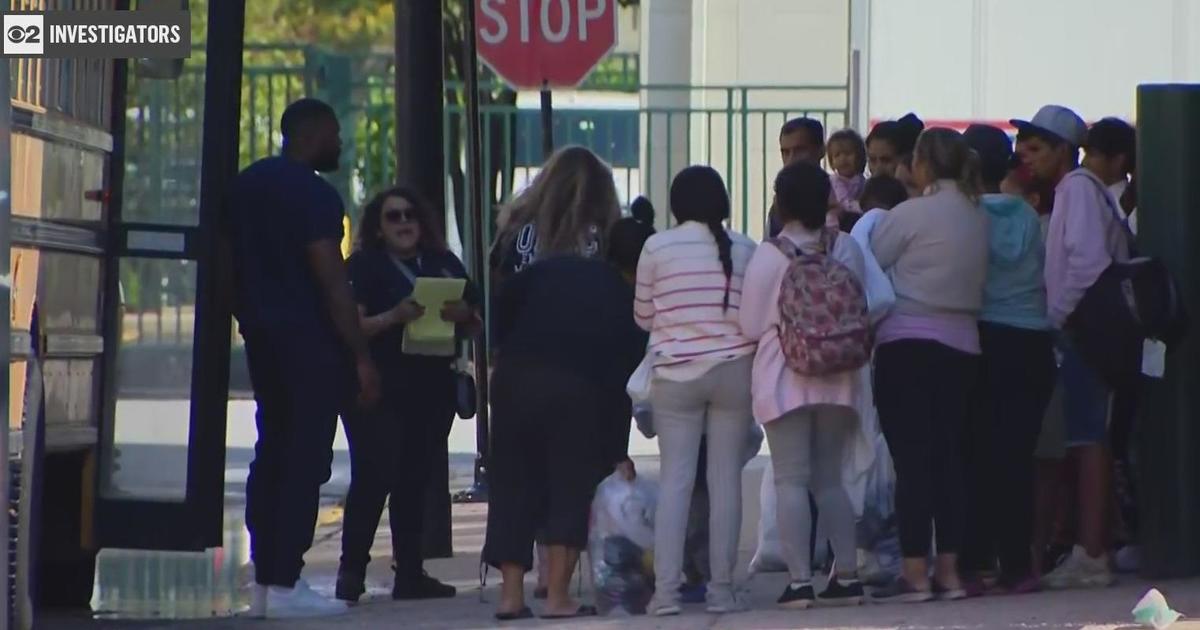How Did Illinois See An Increase In July Tax Collections During The Pandemic? 'July Was Not A Normal Month'
CHICAGO (CBS) -- Taxes; a topic that riles up some, and puts others to sleep. We can tell you this next story will at least raise eyebrows.
CBS 2 Morning Insider Lauren Victory made some interesting finds in the state's revenue report released this week.
Right off the bat, we did a double take. How can Illinois' July 2020 tax revenue be $2 billion higher than last July?
"Some people were shocked, because, hey, we got this pandemic going on," said Jim Muschinske, revenue manager for the Commission on Government Forecasting and Accountability, the Illinois General Assembly's bipartisan financial research agency.
COGFA summarizes the state's finances in monthly reports. Muschinske confirmed CBS 2 wasn't confusing commas in the latest report.
"July was not a normal month," he said.
[scribd id=471640432 key=key-ozyTshAvfGrP3HZiI5nk mode=scroll]
The delay in the income tax filing deadline from April to July skewed the numbers, but that doesn't explain the 211% increase in cigarette tax revenue.
"I don't think that you can take away that people were smoking more," Muschinske said.
A higher tax on cigarettes, plus a new tax on e-cigarettes likely made the difference.
An increase in the gas tax also explained what appeared to be an uptick in motor fuel consumption, but really wasn't.
Meantime, hotels took an undeniable hit during the pandemic, with tax revenue for that sector down from $52 million to $7 million.
Cannabis collections continue to grow each month, but the $14 million Illinois' newest moneymaker brought in isn't going to save us says, according to Laurence Msall, president of the Civic Federation, a nonpartisan budget watchdog group.
"It is not enough to even pay for even a small part of the state budget," Msall said. "It doesn't make up for the economy stopping, and that large percentage of state revenue that is dependent on income."
As for sales taxes, despite months of government shutdown, we're only 1.5% below last July's levels. Surprising, but don't celebrate.
"It's bad. It's bad. Anytime you're not able to incorporate a little growth in your sales taxes, it's bad," Muschinske said.
And it's going to get worse, according to Ralph Martire, executive director of the nonpartisan Center for Tax and Budget Accountability.
Martire estimated Springfield will miss out on $5 billion in revenue already budgeted for this fiscal year.
Perhaps this brings some solace. Msall said Illinois is not unique in its economic status.
All three economic experts we interviewed said their eyes are on Washington, D.C. Congress is considering state budget financial assistance as part of the next COVID-19 relief package. If that doesn't come, tax hikes and budget cuts most likely will.



